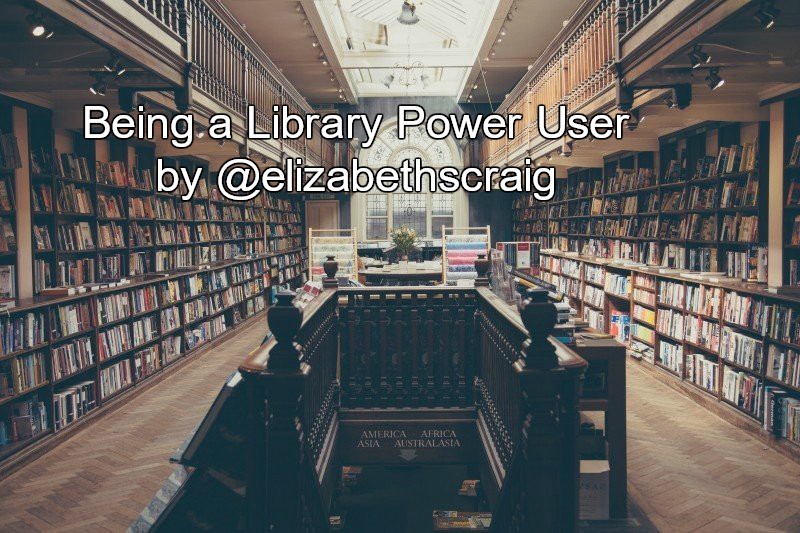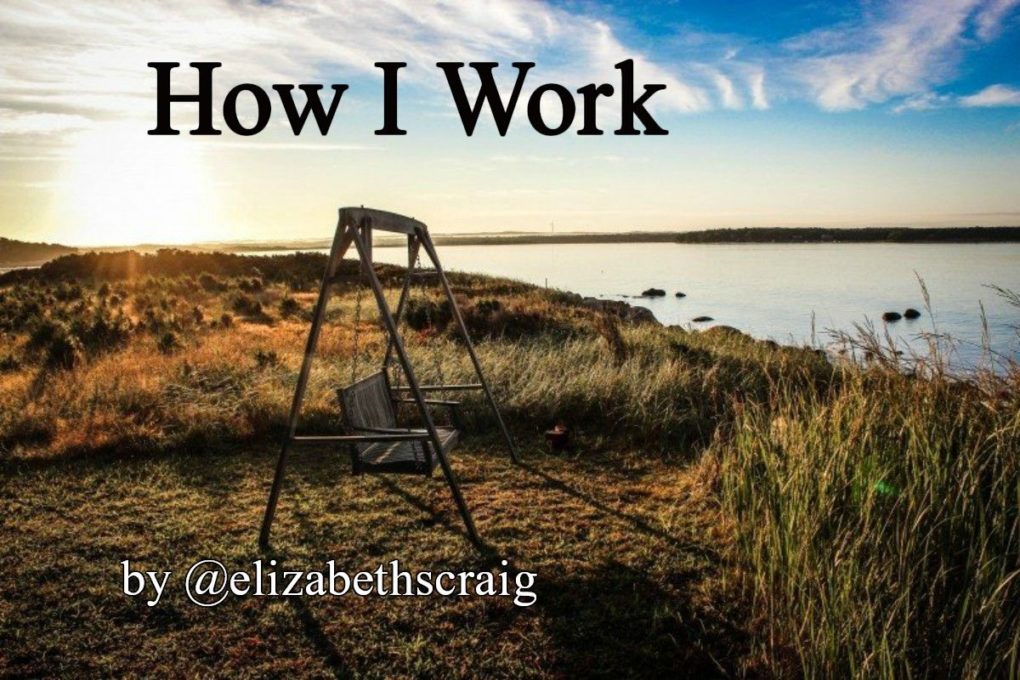by Elizabeth S. Craig, @elizabethscraig
I have always been a huge fan of libraries. Growing up, one of my favorite memories is of going to the library with my father (sometimes riding our bikes there) and hanging out for hours.
I still spend a lot of time there because sometimes when I get bogged down when writing at the house. Maybe I’m not totally in the zone and anything will distract me: the dishwasher stopping, the dryer buzzer, a table that needs dusting. Leaving the house and going to the library is usually the perfect remedy for the problem. I don’t need total silence to work, providing the background noise has nothing to do with me.
But I use the library for more than just a place to write when I need to escape the distractions at home. I use it to fill my creative well, exercise my brain (which seems to help my writing), and inspiration.
Below are the ways that I use my library. I’m in the Charlotte, NC library system and it is a big system and fairly well-funded. Your mileage may vary with yours, but if you find a service here that sounds interesting, check to see if your library has it. If not, see if they’ll consider offering it.Continue reading





